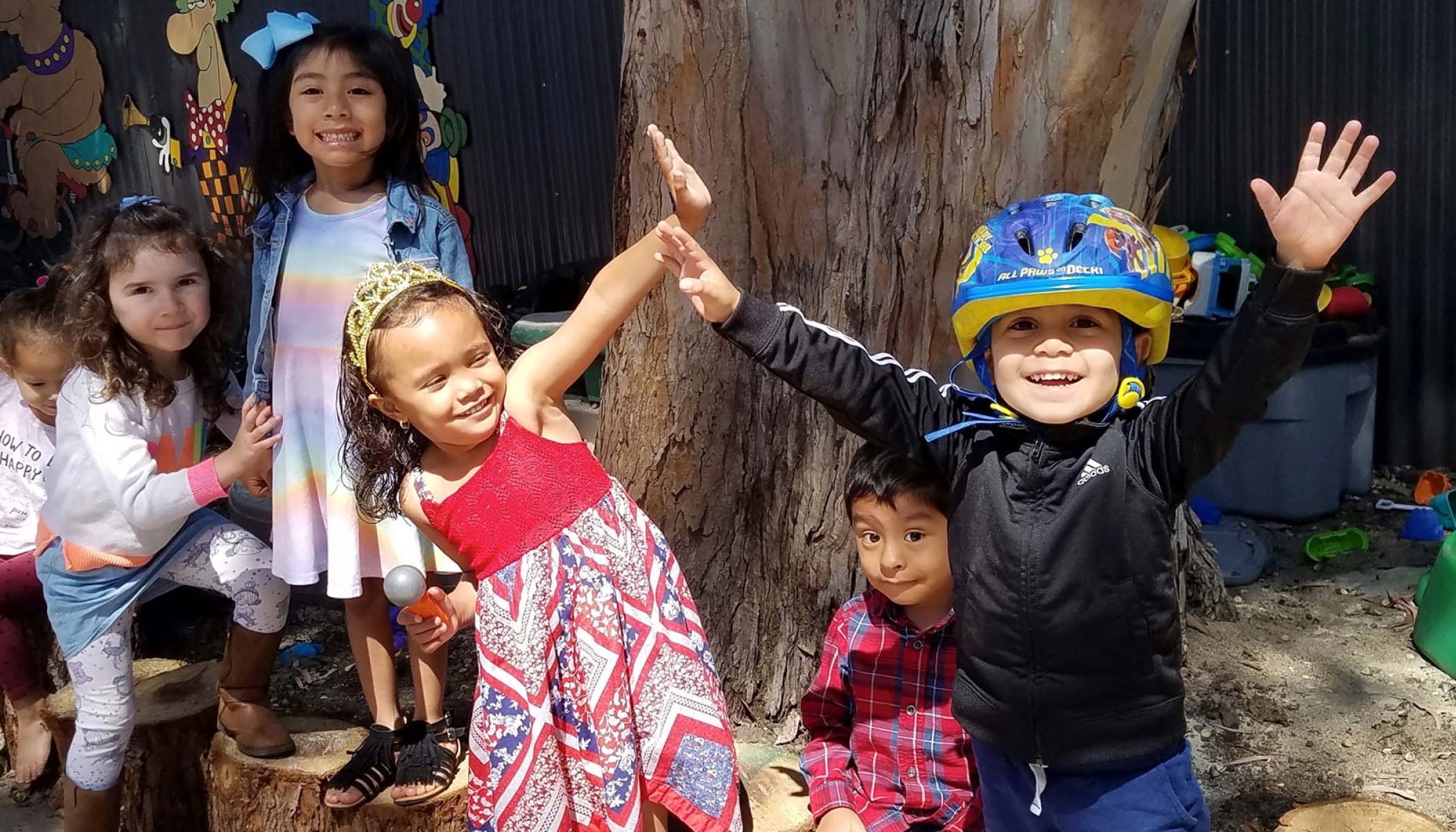May 25, 2021 · 6 min read
Making an Impact: 4 Pieces of Advice for Aspiring Local Landlords
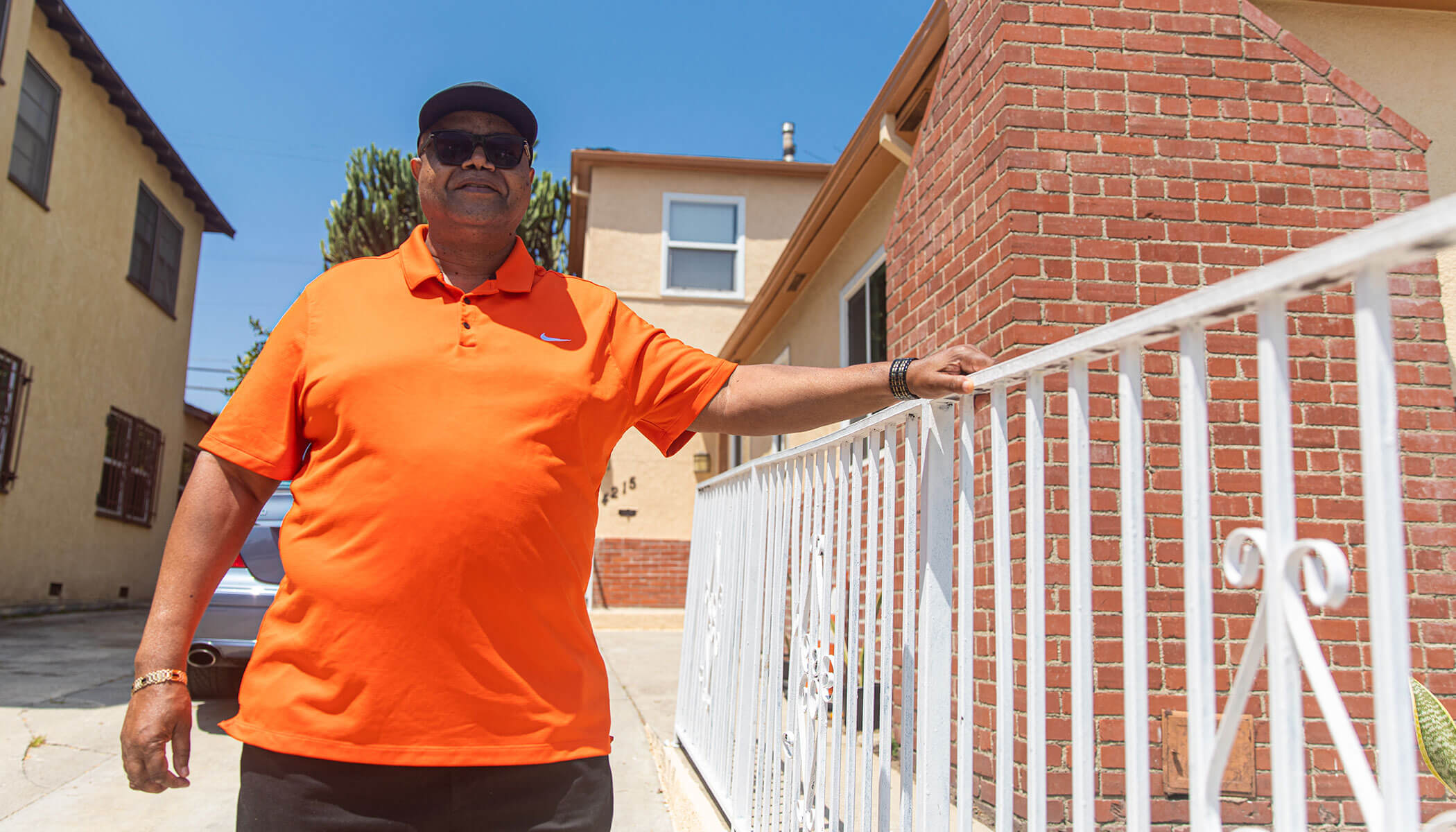


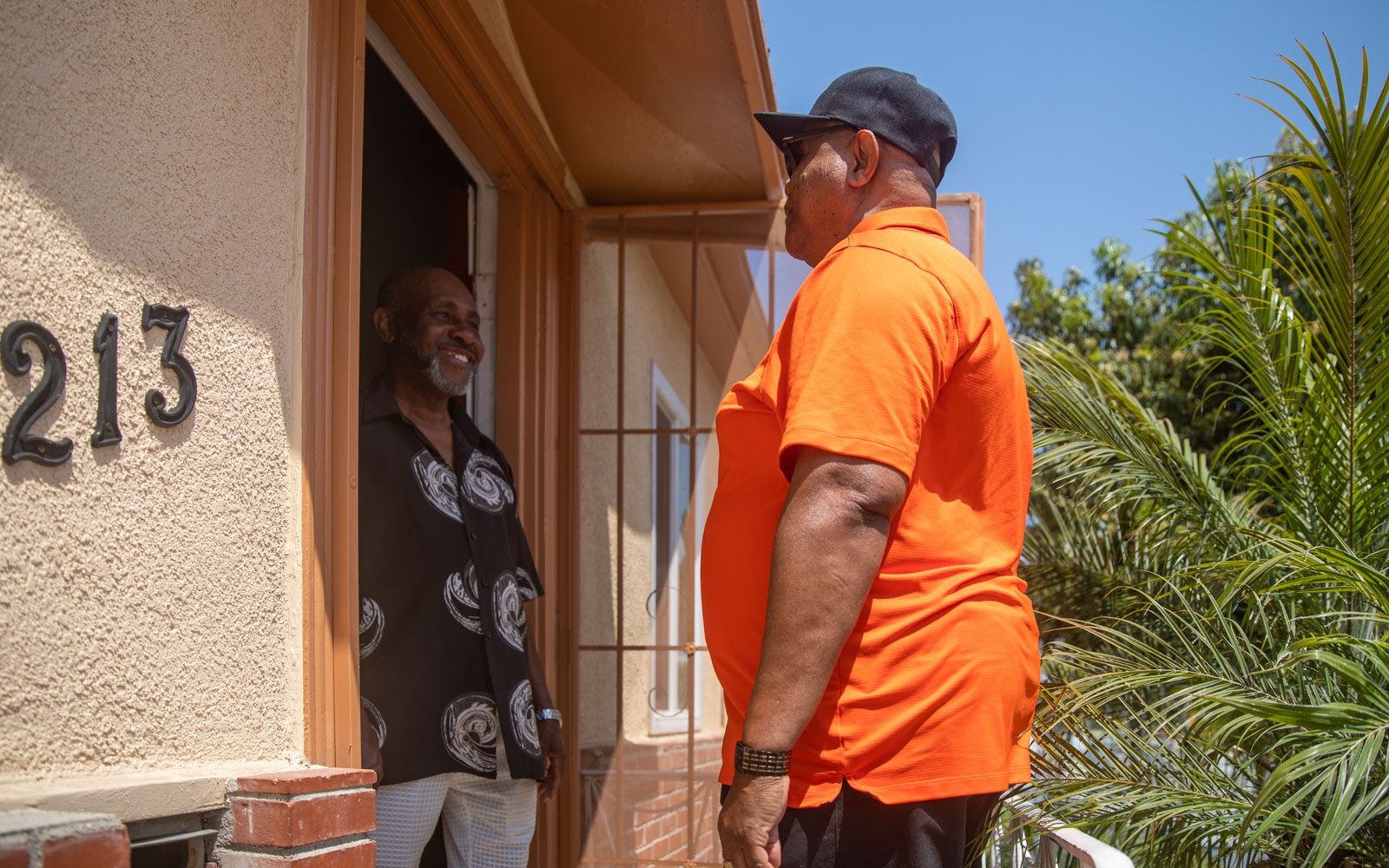
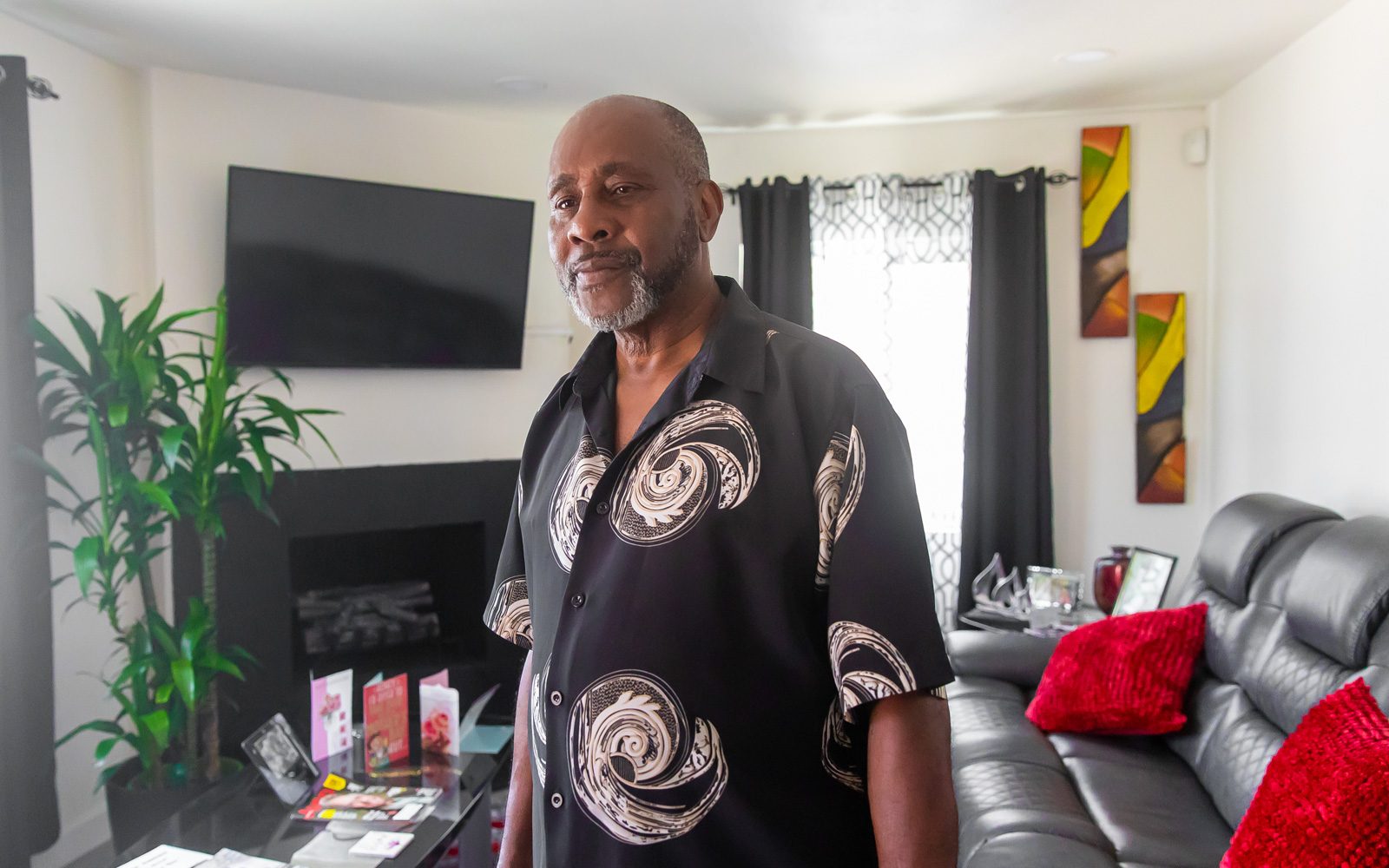
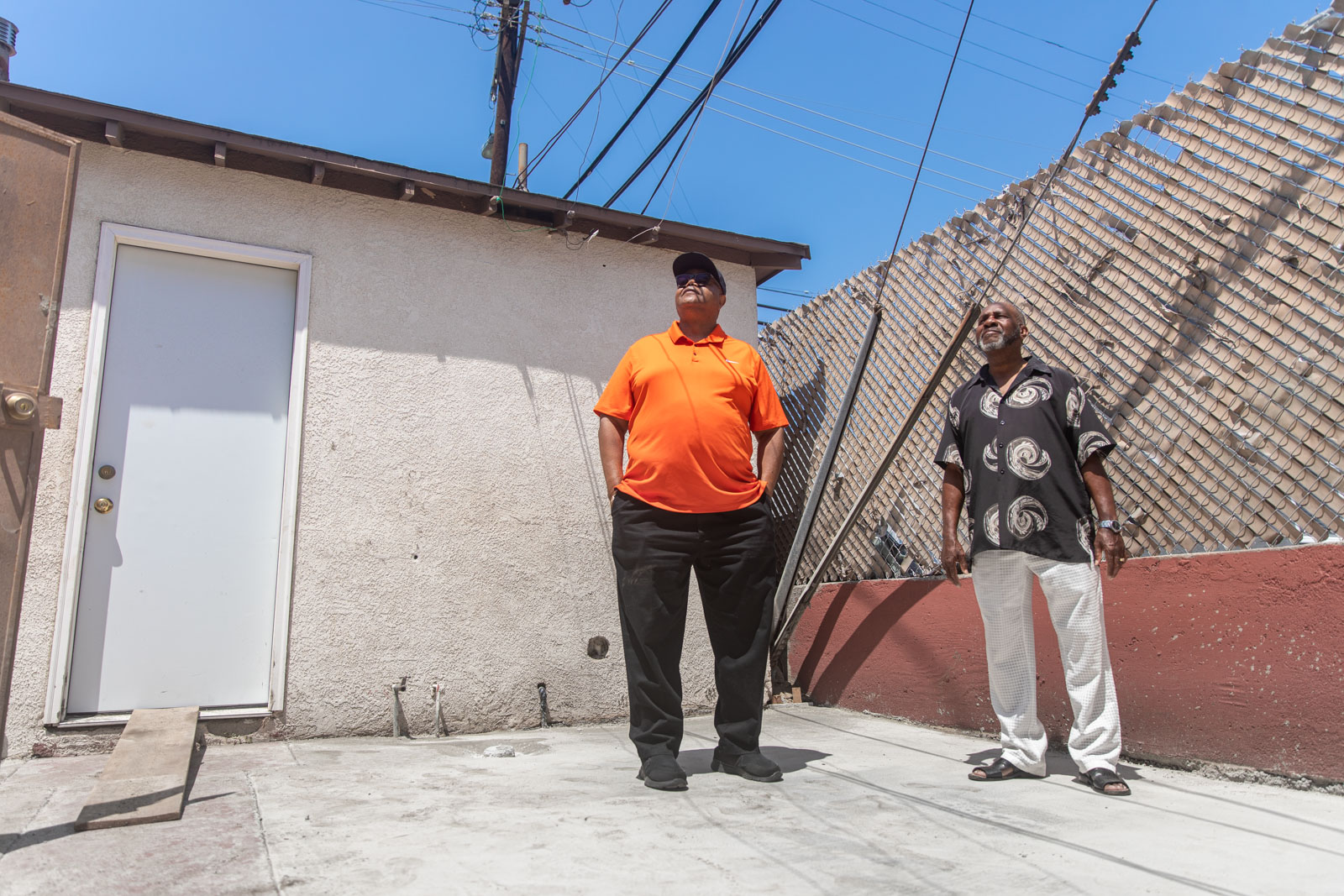
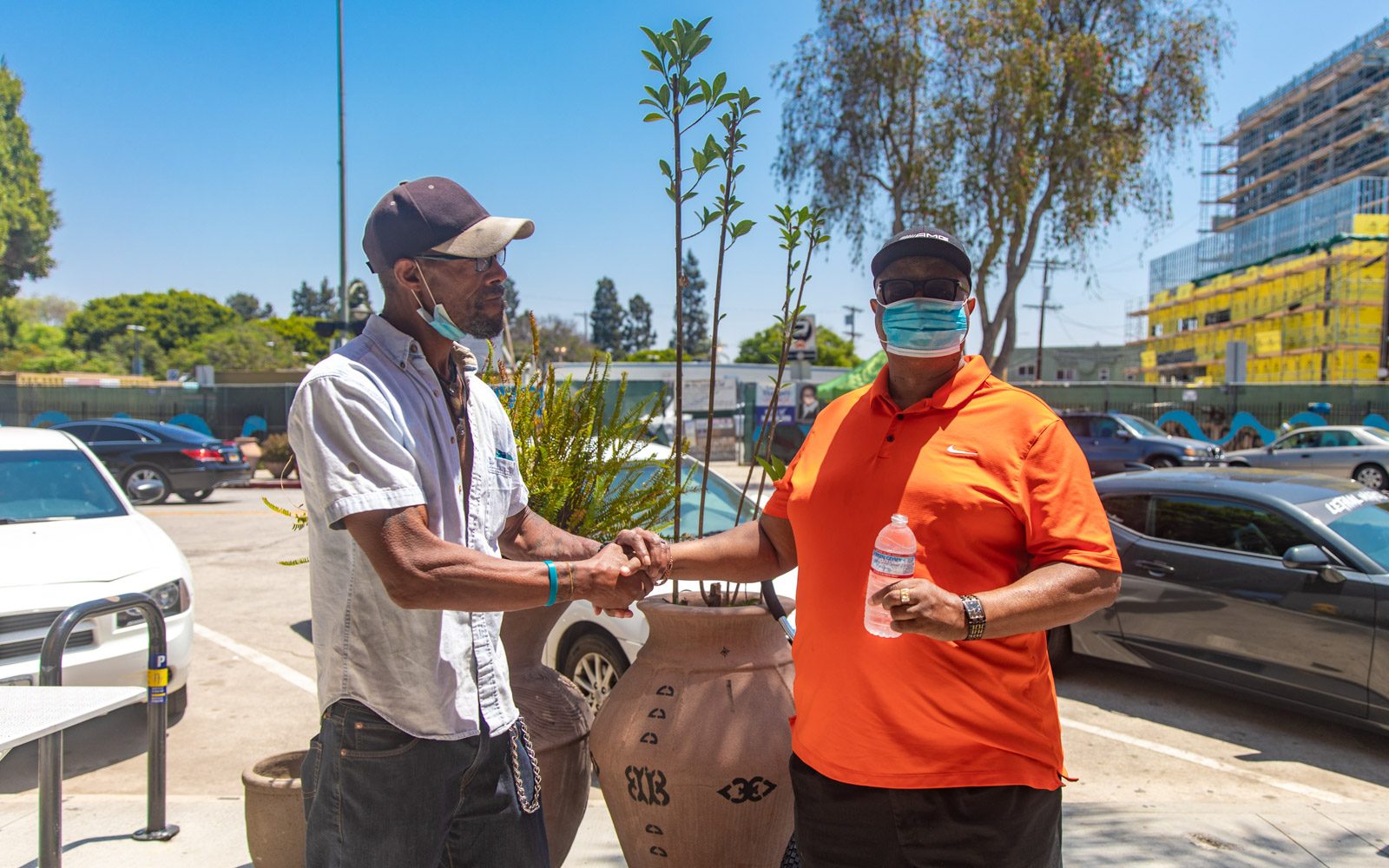


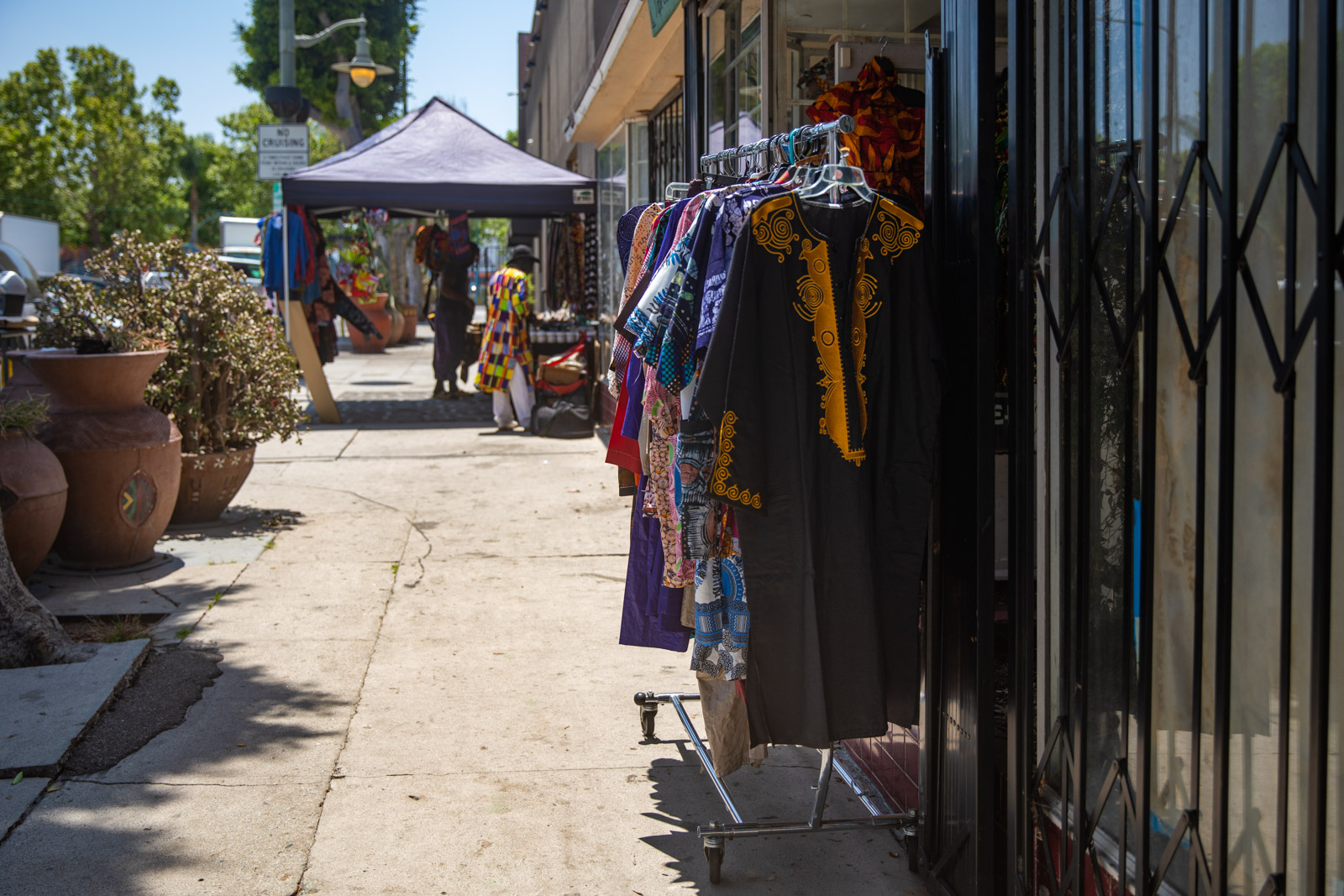
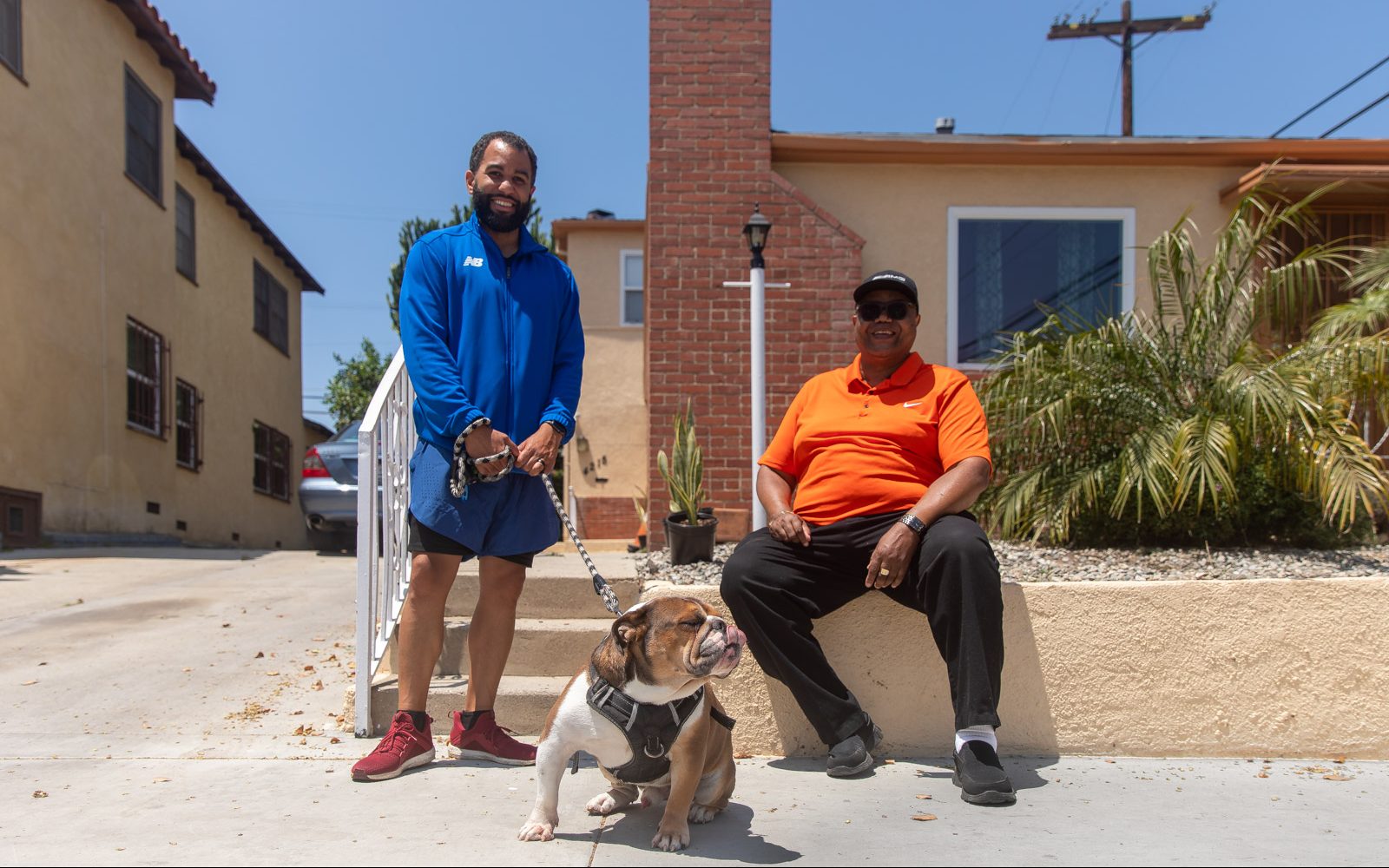

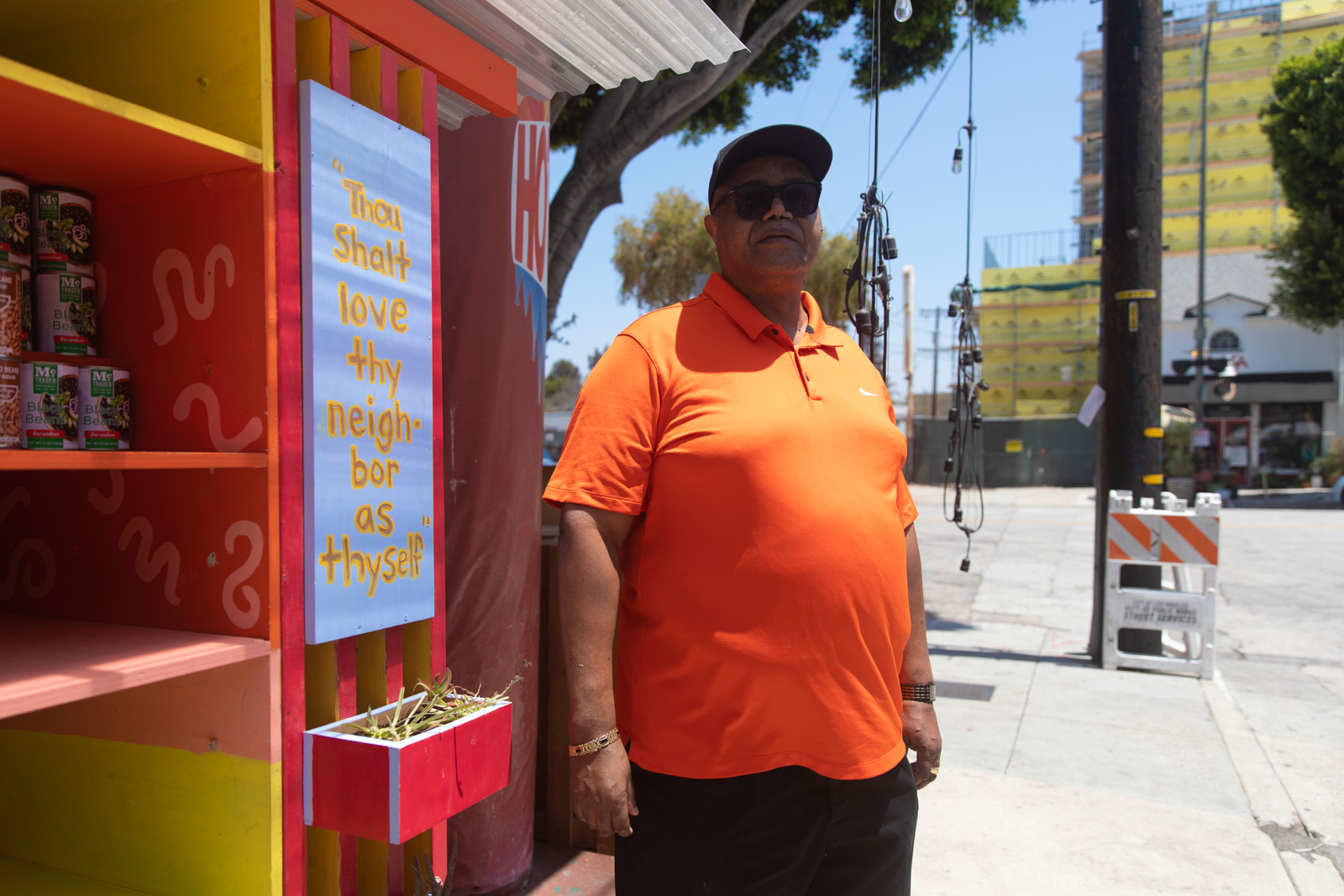













As a local landlord, Terra Phelps wants to make an impact in his community by teaching people financial literacy and inspiring them to own property. (Photo by Alexa Wright for CZI)
Terra Phelps sees his neighborhood of Leimert Park in Los Angeles, California, changing before his eyes. While he says most of the changes are positive, Terra knows revitalization can often price out residents who’ve lived in a neighborhood for their entire lives. That’s where he says local landlords can help — by keeping housing affordable and providing stability to the people and families they house.
It’s also why Terra has become an advocate for equity in his community. After buying a two-unit duplex with the help of a VA loan, Terra began renting one side of the building to a community member looking for a home. Now, it’s his mission to teach people about financial literacy and inspire them to invest in their community by owning a rental property.
“I didn’t get it for me,” Terra says. “I got it for the community.”
Preserving Existing Housing Benefits Local Landlords and Supports Their Residents
Local landlords are integral to providing safe, affordable homes in neighborhoods across the country and protecting tenants’ needs in their local community. According to the Brookings Institution, nearly 40% of all residential property units in the United States are owned and managed by small rental owners.
Still, they often don’t have access to the tools, resources and support they need to retain their properties and compete with Wall Street investors. New initiatives, such as the Los Angeles Local Rental Owners Collaborative, are working to preserve affordable housing and protect communities from displacement through benefits, including short-term rental relief grants, long-term financial consulting services, technology tools, and property management resources.
The effort underscores the necessity for support services and recognizes the value of local property ownership as a way for people of color to build wealth. For those looking to help pay their mortgage or make an impact in their communities, Terra says they should consider buying property where they can live and rent to neighbors.
Here are Terra’s four pieces of advice for people interested in becoming a local landlord.
1. Educate Yourself About Real Estate and the Housing Market
The housing market ebbs and flows alongside the economy. By taking time to observe the market and interest rates, aspiring property owners can begin the buying process when it’s best for their situation — and when the real estate market is healthy.
Terra recommends getting familiar with Trulia, Zillow, Realtor.com and more to see what properties are available and observe what they are listed and selling for.
Then, read books or watch videos about the housing market. Terra says understanding the difference between the value of property and equity acquired in a property is crucial, and having a plan for investing your equity wisely. For Terra, using some of his equity to pay off his student loans and other debts was the best decision.
“It’s the whole education part and moving real slow,” Terra says. “I think one of the issues and something that should be addressed in communities is through education and financial literacy.”
2. Seek Out and Take Advantage of Available Resources
When Terra purchased his duplex nine years ago, he had the help of a VA loan. Although a VA loan isn’t available to everyone, there are many other resources Terra says aspiring property owners should take advantage of. One example, he says, is NACA.
NACA or Neighborhood Assistance Corporation of America is a nonprofit community advocacy and homeownership organization. NACA aims to build strong, healthy neighborhoods across the country by providing mortgages with below-market interest rates, protecting them from predatory and discriminatory lenders. According to NACA’s website, the organization allows its members to buy homes with no down payment, closing costs, fees, or perfect credit requirements.
In addition to NACA, many states offer home buying programs through the Department of Housing and Urban Development. Aspiring homeowners may also qualify for a Federal Housing Administration loan if they are buying their first home.
Now that Terra is a local landlord, he continues to lean on his resources. He joined the Coalition of Small Renter Property Owners. According to the organization’s website, the coalition started during the pandemic to seek equitable solutions for owners and their tenants. The group, primarily composed of Black property owners, started with seven members and has grown to more than 140 small landlords.
3. Be Prepared To Take Care of Your Rental Property Like It’s Your Home
As a local landlord, it’s important to Terra to make sure his tenants feel safe and at home in the rental unit. He’s both the property owner and manager and strives to build healthy relationships with neighbors living in his building.
“I never want to hear a complaint from a tenant about such and such is no good, or this is broken, because the rental unit is a reflection on me and my character,” Terra says. “I want my tenant, and hopefully tenants one day … [to] come in and feel real comfortable.”
Terra also says that making his tenants happy is one of the most significant rewards for his investments into the property.
“I have put my blood, sweat, and tears; I’ve put myself into that place,” he says. “It’s a beautiful backyard, it’s nice, and so it’s open — and [it’s] because this is also their community.”
4. Believe in Yourself
When he began his search for a home and rental property, Terra hadn’t bought a house before and didn’t have much knowledge about the housing market. But now he’s equipped with knowledge he plans to share with people who think renting is their only option.
“Myself, I came out of foster care in New York, but I believed in myself,” Terra says. “I believed in myself and also spiritually that the God that I believe in, that somehow, someway, living in America, there is a possibility that I can uplift myself from my situation.”
Terra adds that there will be people along the journey that are willing to help. For him, the community in Leimert Park provided Terra with the psychological and emotional support he needed to become a landlord.
“There’s bad things that we go through — we overcome, and we become better,” Terra says. “If you want to do something, you believe in yourself, [and] you can do it.

Sorry, marketing cookies are required to view this form.
We use cookies to help us improve the site and to inform our marketing and digital content efforts. If you choose ‘Don’t Enable,’ sites you’re logged into – like Facebook and Twitter – may still be able to identify you as a visitor to this site. Learn more.




